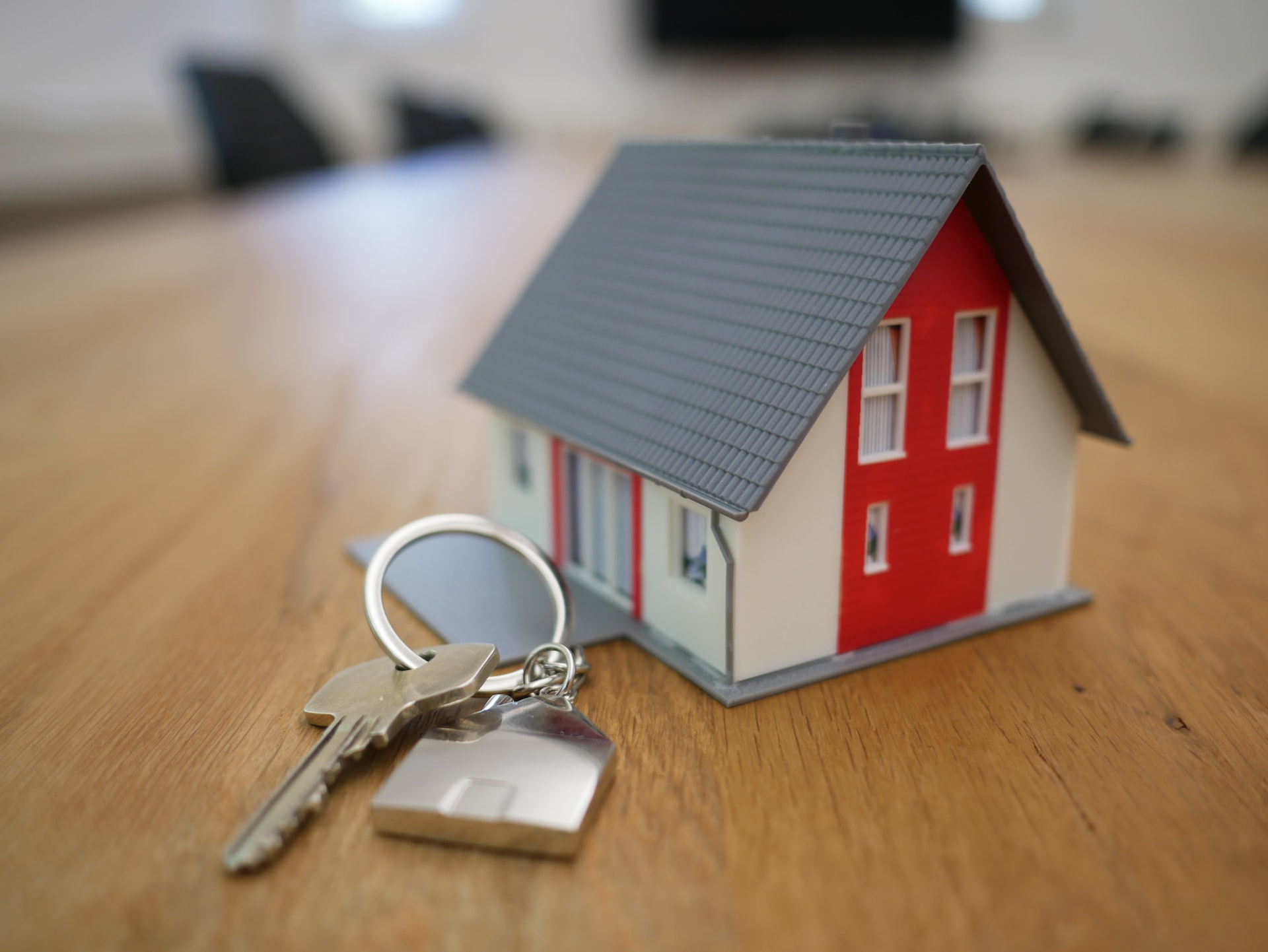
Whether you are buying or selling a house, the outcome of the valuation is important. Knowing what will be inspected will give you some control over what happens after the valuation is complete. For the seller, the current market price can be determined. From there, the home can be sold at a fair price. The buyer can then also know what they are walking into and make an informed decision on whether to buy the house or not.
Home valuers look for a variety of things. They inspect the internal and external parts of your house. A Certified Practicing Valuer (CPV) gives clients an accurate and professional service and determines the precise market value of your house. That is why reaching out to a reputable property valuation company in the Northern Territory can work in your favour. You’ll get great services and a report that you can count on.
We’ll give you a breakdown of what valuers look for so you know how to best prepare for your valuation. At the end of the day, it might just help you get a better valuation for your home.
What factors influence a home valuation?
Numerous factors are considered when a property is assessed. These are the six most common factors:
- The location and neighbourhood. How accessible, safe and aesthetically pleasing the neighbourhood is considered during the valuation.
- The size of the home. The overall size of your property (the internal floor space of your house and the outside yard) will be measured.
- The number of rooms. The number of rooms in your house will be taken into consideration and affects its worth.
- Age and condition. If your property is old but was maintained and upgraded over time, its value will be greater than if it was neglected.
- Home upgrades. Not all upgrades can make your property’s valuation better. For example, upgrading the flooring or cupboards is better and more practical than installing a hot tub.
- The property market. If there are fewer similar properties on the market, the value of yours increases, and vice versa.
Do valuers look at foundations?
Valuers inspect everything, including foundations.
If the foundation has a problem, it may result in your house shifting, cracking, or suffering severe damage. The structural integrity of your house can have an effect on its value. If that is the case, health and safety concerns also come into play. If the foundation sinks, moisture and temperature regulation, as well as its ability to withstand nature, are compromised.
If your house is not structurally sound, buyers may not see it as a worthwhile property to invest in. The value of your mortgage and insurance can also decrease, should you be interested in taking out either.
Will valuers look inside my house?
Valuers inspect the inside and outside of your house. Bedrooms, bathrooms, the kitchen, and other rooms inside the house will be inspected. Built-in cupboards and appliances, paint, ceilings, windows, plumbing, and electrical work all get inspected.
This gives them an overall idea of the condition of the house in relation to its age and suitability to live in. From there, the appropriate comparable properties can be chosen to determine the value of yours.
How to prepare for a home valuation
Here is our guide on how to prepare for your home's valuation.
Firstly, you need to get your documentation in order. These include your house’s lease or purchase deed, floor plans, any insurance policies, etc. Your valuer will give you an extensive list of documents you need when you make an appointment with them.
Next, you should declutter and give your home a deep clean. A clutter-free and clean house will give your valuer a good first impression of it. Moreover, they will be able to inspect your it without any difficulty or distractions. It is important to note that the outside of your house is equally as important as the inside. Maintaining your garden or lawn, as well as washing and painting the exterior walls, can affect your house’s market value. This is more important with pre-sale valuations than other than valuations for circumstances such as tax or litigation.
Cleaning drains, pet beds and living areas can be beneficial as it’ll eliminate any foul odours. Also, make sure that your pets do not disturb the valuer while they are on your property.
If there is anything special about your home that you think can add value, make sure that you let your valuer know before they wrap up their inspection.
Do I have to clean my house before a valuation?
While cleanliness doesn’t necessarily have a big impact on the value of your house, it is still advisable to clean it before a valuation. The valuer will feel more comfortable working in a clean house. It will not only give them a good first impression of your house but also reflect well on you as a homeowner. Remember: they will be taking pictures so, don't leave anything out that you don't want to see in the report.
What can increase a house’s value?
There are hundreds of things that can increase a house’s value. Below is a list of some of the practical things you can do to increase its value.
- Complete renovation projects
- Fix leaking taps and other faulty plumbing
- Fix all faulty electrical work that could be a problem
- Clean windows, door handles, ceiling fans, etc.
- Modernise your cupboards, doors and windows
- Add shelves or storage features to your garage
Adding usable rooms can also increase the functionality of your home. For example, instead of installing a game room or movie theatre in your home, a guestroom would be more functional in the long run. If you are selling your house, the extra room also has the potential to bring in extra income for the buyer if it is rented out. The potential for a return on investment can make your house more desirable to purchase.
All of the factors mentioned above can increase the market value of your home.
Summary
There are a variety of things that home valuers look for. Everything inside and outside your house will be inspected, from its foundation to the roof. Even light switches and door handles will be inspected.
Depending on how well you have prepared for the valuation, the value of your house may go up or down though the minimal changes may not be very effective. External factors that are beyond your control will also affect its value. These include its location and the condition of the property market. If a natural disaster strikes and your house suffers any unfixable damage, its value will also be affected.
Cleaning your home before your valuation can make the valuer’s job easier. It can also improve the outcome of its report. Since photographs will be taken, it would be a great idea to clean it. A clean house will reflect well on you, the homeowner.
Completing any renovation projects, making minor repairs where necessary, and painting can give you a better valuation. Property experts also believe that adding usable rooms rather than hobby and entertainment can help with the value and sale of a home.
Preparing for your home's assessment well in advance will allow you to clean thoroughly and plan for any improvements you may want to make. Since you will have enough time to prepare, you will not need to get any rush jobs done that may compromise the outcome of your house’s inspection.
A Certified Practicing Valuer is an expert in property valuations. Getting one to assess your home will allow you to get a fair report on the value of your home. You will also get professional and quality service from them. Contact NT Valuers today for a comprehensive home valuation service.







